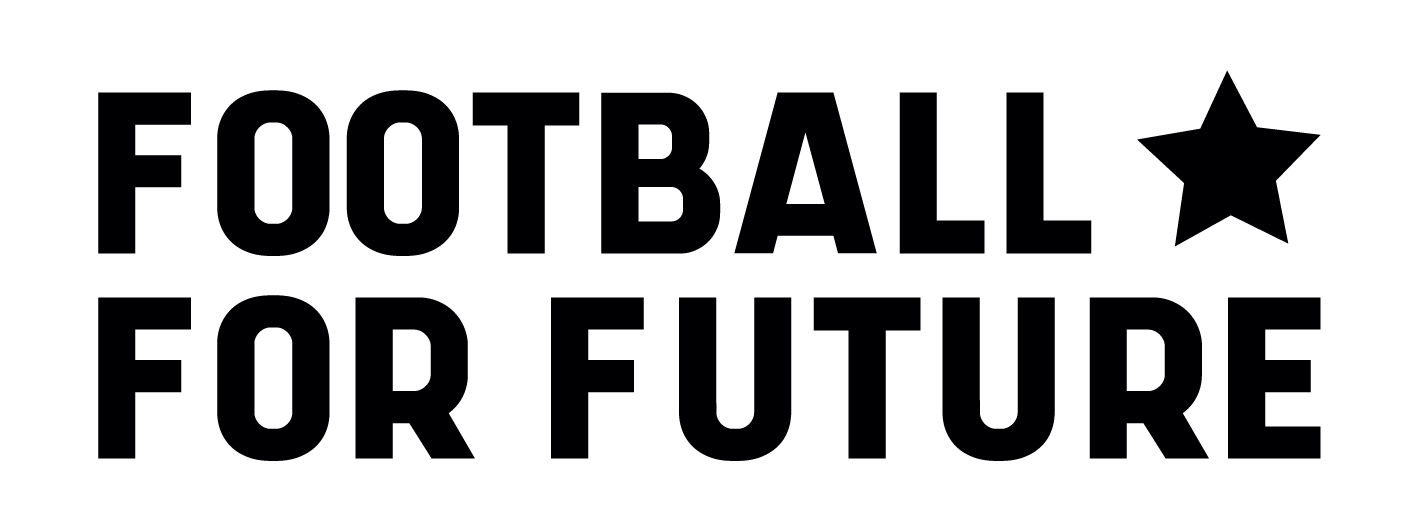Euro 2024 - ‘The most sustainable European Championship of all time’…
The sun is out, the beer gardens are full, and over two million lucky ticket-holders will be in Germany for this summer’s European Championships hoping their team can go all the way and lift the trophy in July. Before a ball was kicked, however, UEFA’s big aim for the Euros was to make it ‘the most sustainable European Championship of all time’. This is an ambitious goal, but one that UEFA are seemingly determined to tackle head-on.
So how are UEFA going to achieve this aim? In keeping with the United Nations’ Sustainable Development Goals (UNSDGs), a structured approach has been implemented, grouped around 3 Pillars: Environment, Social, and Governance (ESG). Working within these parameters, an Action Plan designed to deliver ‘the highest sustainability standards’ has been implemented. To reduce the environmental impact of the competition the following measures have been put in place:
Group stage games have been geographically clustered to reduce travel time for teams, fans, and other stakeholders
Ticket holders can travel free of charge on public transport for 36 hours around games and UEFA is subsidising a 25% discount on intercity train travel
A climate fund has been established to mitigate tournament-related unavoidable emissions and invest money in amateur club environmental projects
No new stadiums have been built for the tournament (roughly ‘75 percent of the carbon footprint of all sports stadia is embedded on day one with the materials they are built with’)
Using renewable energy in and around stadiums and consciously reducing water consumption
Vegan and vegetarian options are being offered at every stadium with either no packaging or recyclable packaging
These measures will not only help to protect the planet and make the Euros sustainable, but will also have a positive impact on fan experience and affordability. With millions of fans flocking to Germany to watch the tournament both in the stadiums and in fan zones, keeping the carbon footprint of the Euros to a minimum is clearly high on UEFA’s agenda.
To assist with these ambitions, UEFA has emphasised their ‘One-Team approach’ to climate responsibility, aiming to ‘catalyse action in collaboration with all tournament stakeholders’. However, two of the flagship tournament sponsors - Visit Qatar and AliExpress - have raised eyebrows from within the football industry and from fans. And people have a right to question the sustainability credentials of public partnerships with a fast fashion brand, especially considering that the global fashion industry accounts for two to eight percent of annual greenhouse gas emissions and over half of fast fashion ends up in landfills. Additionally, concerns have been raised about the marketing efforts of Qatar Airways, as it promotes travel to a country which is the largest per capita polluter of CO2 in the world.
With its global influence, football has a responsibility to promote sustainability, and so it’s important to have critical conversations about the place for polluters in our industry. Naturally, the game needs to make money (events of this scale aren’t cheap!) and these organisations are often the only ones able to afford the most lucrative deals. Crucially, they are not the only sponsors of the Euros, with many other businesses working in partnership with UEFA, including the electric vehicle manufacturer BYD.
UEFA has also promised to pay €25 per tonne of CO2 emitted towards a climate fund which will amount to approximately €7 million. In order to invest in the German grassroots game, whilst also protecting the planet, clubs can apply to different climate protection projects such as installing LED floodlights, heat pumps, or solar panels. Through the climate fund, UEFA argues that many of the unavoidable emissions created by the Euros will be mitigated.
We can also draw parallels between the rise and fall of tobacco advertising in football and the upcoming ban on betting sponsorships on Premier League kits to predict the future of carbon-heavy sponsorships in the game. By the end of the 2025-26 season, no Premier League club will feature gambling sponsors on their matchday shirts, and tobacco advertising is already entirely banned. Just as tobacco and gambling harm the health and well-being of fans, so too do big polluters. UN Secretary-General António Guterres has labelled coal, oil, and gas corporations as the ‘godfathers of climate chaos’, advocating for a worldwide ban on fossil fuel advertising similar to the ban on tobacco. Whilst sponsorship from big polluters remains unregulated for the time being, UEFA are trying to use their money to actualise change and to support football’s transition to sustainability, which is undoubtedly a positive thing.
And so, as we head into the knockout stages of the Euros, it’s crunch time not only for the teams but also for the planet. We won’t know the true impact of UEFA’s ESG Strategy until long after the final whistle goes and the Euro 2024 impact study is published, however, it is overwhelmingly positive that for the first time the climate is taking centre stage at a European Championship. Once the champions are crowned, the true legacy of Euro 2024 will be measured in goals and glory and in how effectively UEFA’s ambitious sustainability goals have been met.
In the meantime let’s sit back and enjoy the show!
Written By Jonny Oakley



